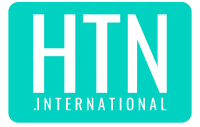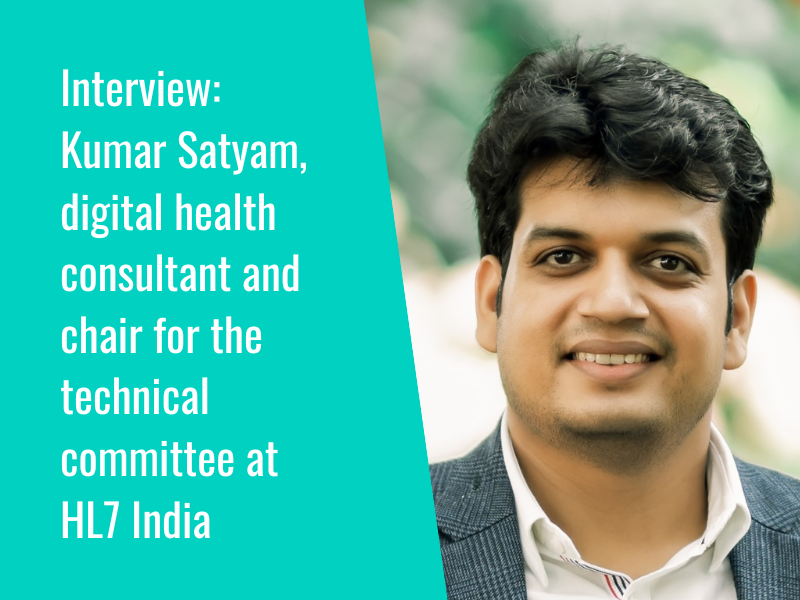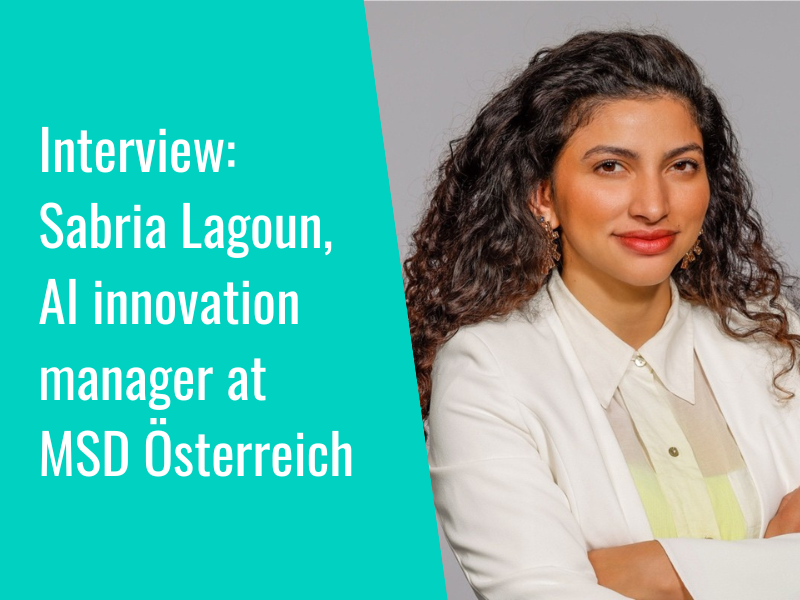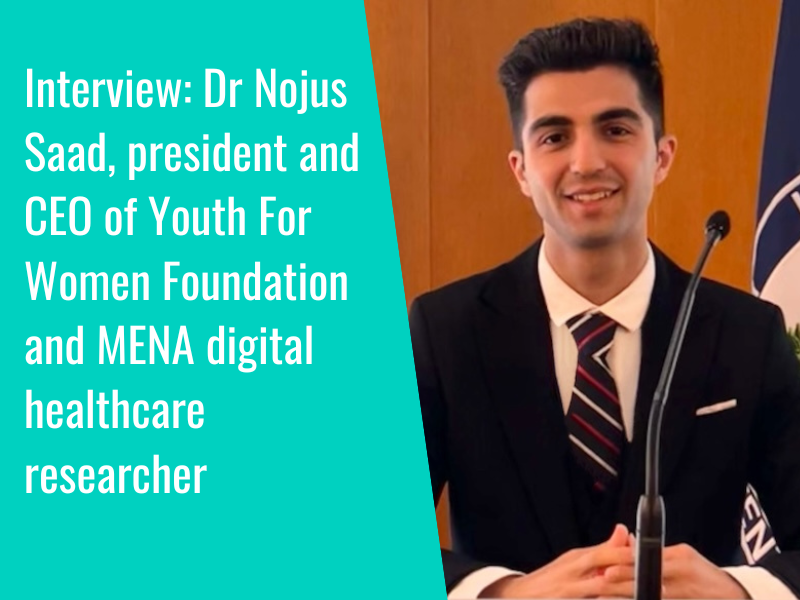A study published in Frontiers in Medicine has explored the opportunities and challenges for traditional Chinese medicine (TCM) doctors relating to AI, finding evidence that AI-empowered collaborations between Western medicine and TCM “can strengthen holistic care”, but that “maintaining the humanistic spirit of TCM while embracing AI requires upholding professional ethics and establishing appropriate regulations”.
The study finds that data mining techniques “can effectively analyze real-world prescribing patterns in TCM clinical practice”, citing existing research which applied association rule learning to electronic medical records from a Chinese-Western pharmacy, “finding batched prescription rules and guidelines to optimize allocation across multiple intelligent devices”. A separate project also developed an “intelligent tongue recognition system” which leveraged deep learning to identify pathological characteristics in tongue and facial diagnostics, achieving classification accuracies of 93.3, 89.6, and 97.6 percent.
Elsewhere, the study notes that mobile phone-based imaging can help expedite medical image analysis, and that “AI-assisted techniques show promise for advancing data-driven insights and precision approaches across diverse areas of TCM evaluation”. Authors highlight TCM’s “rich history of practice” and “complete theoretical system”, as providing “excellent conditions for the application of AI”, with thousands of years’ of clinical experience having resulted in a large-scale database which offers opportunities for training AI models. However, they also highlight challenges centring around the variation of TCM geographically and among practitioners, which can make it more difficult to predict outcomes with certainty.
On opportunities, the article considers how AI may make it easier to explore and validate TCM theories, to modernise TCM through processes like AI-assisted drug vital screening and prediction of drug absorption, distribution, metabolism, excretion, and toxicity. When tested elsewhere, AI-assisted diagnostic systems were found to have a good accuracy for 187 common TCM patterns, and to be beneficial in enabling more personalised TCM treatments. Machine learning has been used to discover “novel herb combinations and network pharmacology relationships”, offering new development opportunities for the field.
In terms of challenges, the study’s authors find that the main issues relate to the lack of a humanistic element offered by AI, the inability of AI to perform all diagnostic and treatment tasks, difficulties establishing trust between humans and AI, and incomplete legislation on AI-assisted TCM diagnosis and treatment.
Authors recommend further exploration of whether AI-assisted decision-making can “reduce patient decision conflicts, improve patient knowledge levels, and enhance patient satisfaction”.
Citation: Li W, Ge X, Liu S, Xu L, Zhai X and Yu L (2024) Opportunities and challenges of traditional Chinese medicine doctors in the era of artificial intelligence. Front. Med. 10:1336175. doi: 10.3389/fmed.2023.1336175
Also in research on AI, a journal published last month in The Lancet Regional Health Europe explores “the discriminatory performances of an AI-based risk model in European screening settings”, with a nested case-control study finding that the AI risk model “showed generalizable discriminatory performances across European populations and, predicted ∼30% of clinically relevant stage 2 and higher breast cancers in ∼6% of high-risk women who were sent home with a negative mammogram”.
- 1
- 2
















